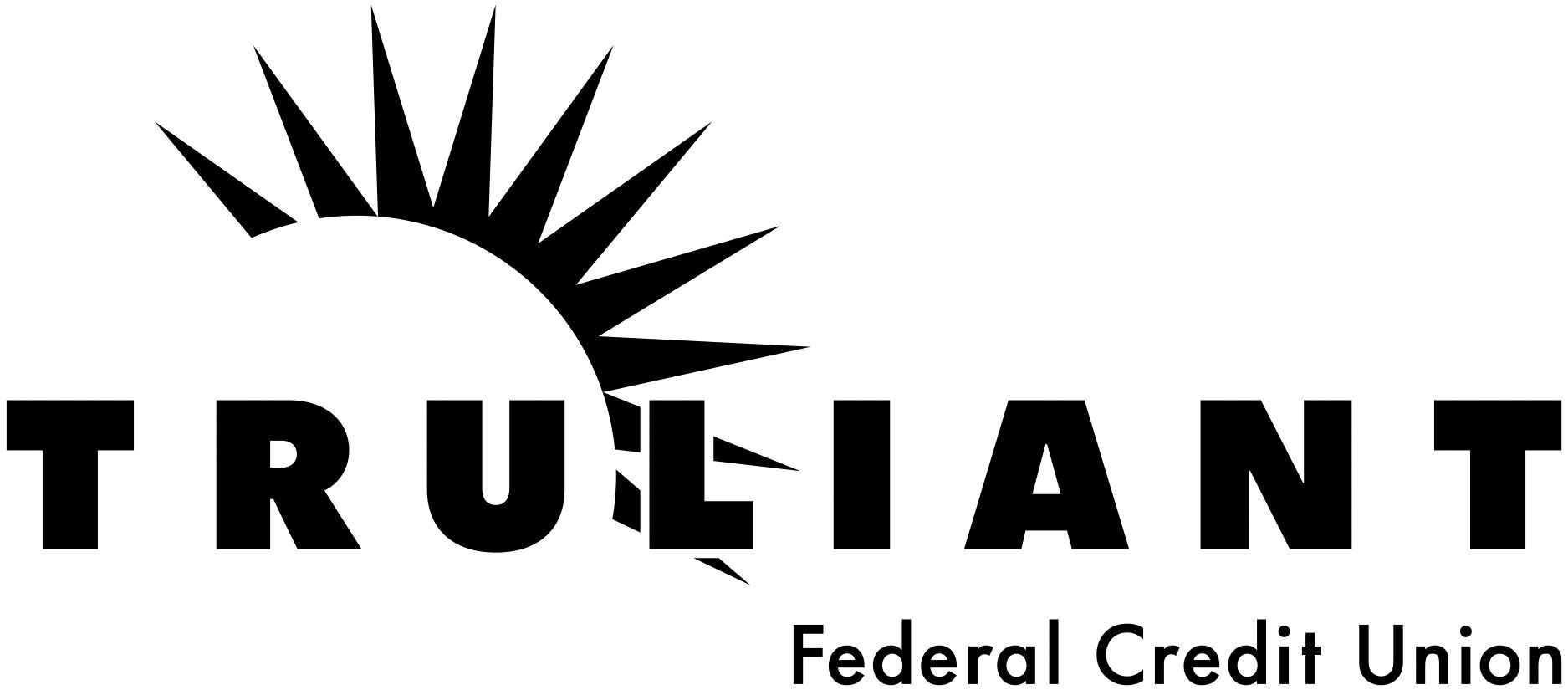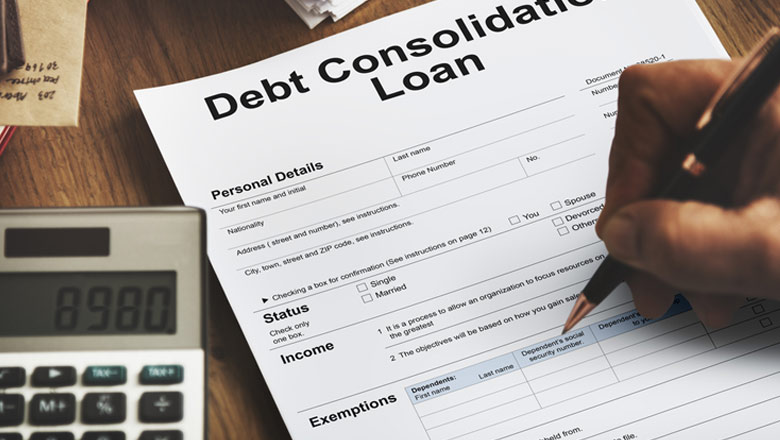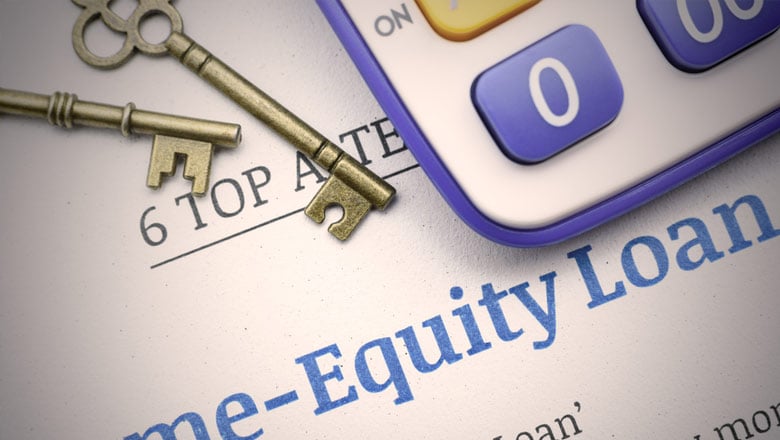When Is Debt Consolidation a Good Idea?

The Truth about Debt Consolidation: What You Need to Know
It happens to most people at some point. Their debt gets the best of them, and pretty soon, they find it hard to manage. There are many options when it comes to dealing with debt, including the debt snowball method, credit counseling and debt consolidation. Each of these debt repayment options, including consolidation, has its benefits. However, debt consolidation also comes with a couple of drawbacks that we will review below. Knowing what debt consolidation is will help you make the most of this great option for getting out of debt.
What Is Debt Consolidation?
When people consolidate their debt, they usually do so by either getting a consolidation loan at a lower rate or a low-interest rate credit card. The idea is that they’ll pay off all of their debts with the loan or the credit card. This leaves them paying only one debt instead of paying all the little debts they had each month.
What Are the Pros of Consolidation?
People consolidate for a couple of reasons, though the primary one often boils down to lower payments. Ideally, when you consolidate, you find a loan or a credit card with a lower interest rate than what you are paying now on all your separate debts. By paying off your higher-interest rate debts, you reduce the amount of money you’ll pay out over time. Granted, you’ll still have to pay on the principal amount that you borrowed, but since your interest rate is lower, you won’t pay out as much in the long run.
Secondly, it’s likely that you’ll lower how much you pay in total each month. For example, suppose that right now you pay almost $400 toward your debt each month. If you consolidate, you may reduce this amount by $100 to $150 (or more), depending on the terms of your loan. This frees up some of your income for other expenses.
Another reason you might consolidate is that you want to have just one monthly payment instead of several. It’s easier to remember to pay one payment than it is to remember to pay four or five smaller payments. When you consolidate, all those separate payments go from many to one.
Finally, by paying off those smaller debts and paying your consolidation loan on time each month, you could boost your credit score. Having a higher credit score means that you’ll qualify for better interest rates down the road on your mortgage, car loans and more.
The Disadvantages of Consolidation
Consolidation may stretch out how long you pay on your debt. While you may pay out less each month, you may wind up paying your debt two or three years longer depending on what term you selected. However, if your debt consolidation loan has no prepayment penalty, you can pay it off early if you have the funds. It’s also important to remember that the principal amount of your debt remains the same. If you owe $10,000 in debt, you still have at least $10,000 to pay back, plus interest. Granted, the interest may be less, but the principal won’t be. You will still be paying something each month.
While you’re paying back that principle at a lower rate, it’s imperative you don’t go into debt again by charging additional expenses on those now zero-balance but high-interest credit cards. This comes down to having the financial discipline to stay out of debt and we don’t recommend getting a consolidation loan until you’re sure you can avoid the temptation.
When Should You Consolidate?
There are a few markers in your financial situation that indicate it’s okay to consolidate. First, you’ve checked your credit and know that it’s solid enough to secure a consolidation loan. Next, you know that your debt-to-income ratio isn’t over 40% (not including your mortgage). This means that you could handle the payment and probably qualify for a loan with a limit large enough to help your situation.
Finally, you have planned for a way to stay out of debt in the future. This means you’ve created a budget. You know how much money you have going in and going out each month. Your budget plan includes making regular payments to an emergency fund each month. Many people turn to credit cards because they don’t have enough money saved to pay for emergencies, like new tires for their car or an unexpected home repair.
For many people, debt consolidation makes sense. It allows them to reduce the amount of money they pay out each month. It also reduces the amount of money they pay in interest on personal loans and credit cards. This, in turn, reduces the amount they pay over the long haul. Consolidation also allows them to pay just one payment a month instead of many.
But for all its advantages, you have to be careful to avoid finding yourself in the same position in the future. If you’re ready, contact us today to review your options to reduce debt and save money.
It happens to most people at some point. Their debt gets the best of them, and pretty soon, they find it hard to manage. There are many options when it comes to dealing with debt, including the debt snowball method, credit counseling and debt consolidation. Each of these debt repayment options, including consolidation, has its benefits. However, debt consolidation also comes with a couple of drawbacks that we will review below. Knowing what debt consolidation is will help you make the most of this great option for getting out of debt.
What Is Debt Consolidation?
When people consolidate their debt, they usually do so by either getting a consolidation loan at a lower rate or a low-interest rate credit card. The idea is that they’ll pay off all of their debts with the loan or the credit card. This leaves them paying only one debt instead of paying all the little debts they had each month.
What Are the Pros of Consolidation?
People consolidate for a couple of reasons, though the primary one often boils down to lower payments. Ideally, when you consolidate, you find a loan or a credit card with a lower interest rate than what you are paying now on all your separate debts. By paying off your higher-interest rate debts, you reduce the amount of money you’ll pay out over time. Granted, you’ll still have to pay on the principal amount that you borrowed, but since your interest rate is lower, you won’t pay out as much in the long run.
Secondly, it’s likely that you’ll lower how much you pay in total each month. For example, suppose that right now you pay almost $400 toward your debt each month. If you consolidate, you may reduce this amount by $100 to $150 (or more), depending on the terms of your loan. This frees up some of your income for other expenses.
Another reason you might consolidate is that you want to have just one monthly payment instead of several. It’s easier to remember to pay one payment than it is to remember to pay four or five smaller payments. When you consolidate, all those separate payments go from many to one.
Finally, by paying off those smaller debts and paying your consolidation loan on time each month, you could boost your credit score. Having a higher credit score means that you’ll qualify for better interest rates down the road on your mortgage, car loans and more.
The Disadvantages of Consolidation
Consolidation may stretch out how long you pay on your debt. While you may pay out less each month, you may wind up paying your debt two or three years longer depending on what term you selected. However, if your debt consolidation loan has no prepayment penalty, you can pay it off early if you have the funds. It’s also important to remember that the principal amount of your debt remains the same. If you owe $10,000 in debt, you still have at least $10,000 to pay back, plus interest. Granted, the interest may be less, but the principal won’t be. You will still be paying something each month.
While you’re paying back that principle at a lower rate, it’s imperative you don’t go into debt again by charging additional expenses on those now zero-balance but high-interest credit cards. This comes down to having the financial discipline to stay out of debt and we don’t recommend getting a consolidation loan until you’re sure you can avoid the temptation.
When Should You Consolidate?
There are a few markers in your financial situation that indicate it’s okay to consolidate. First, you’ve checked your credit and know that it’s solid enough to secure a consolidation loan. Next, you know that your debt-to-income ratio isn’t over 40% (not including your mortgage). This means that you could handle the payment and probably qualify for a loan with a limit large enough to help your situation.
Finally, you have planned for a way to stay out of debt in the future. This means you’ve created a budget. You know how much money you have going in and going out each month. Your budget plan includes making regular payments to an emergency fund each month. Many people turn to credit cards because they don’t have enough money saved to pay for emergencies, like new tires for their car or an unexpected home repair.
For many people, debt consolidation makes sense. It allows them to reduce the amount of money they pay out each month. It also reduces the amount of money they pay in interest on personal loans and credit cards. This, in turn, reduces the amount they pay over the long haul. Consolidation also allows them to pay just one payment a month instead of many.
But for all its advantages, you have to be careful to avoid finding yourself in the same position in the future. If you’re ready, contact us today to review your options to reduce debt and save money.






